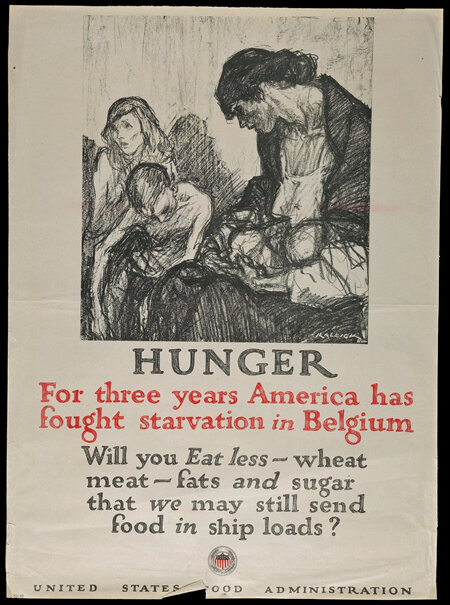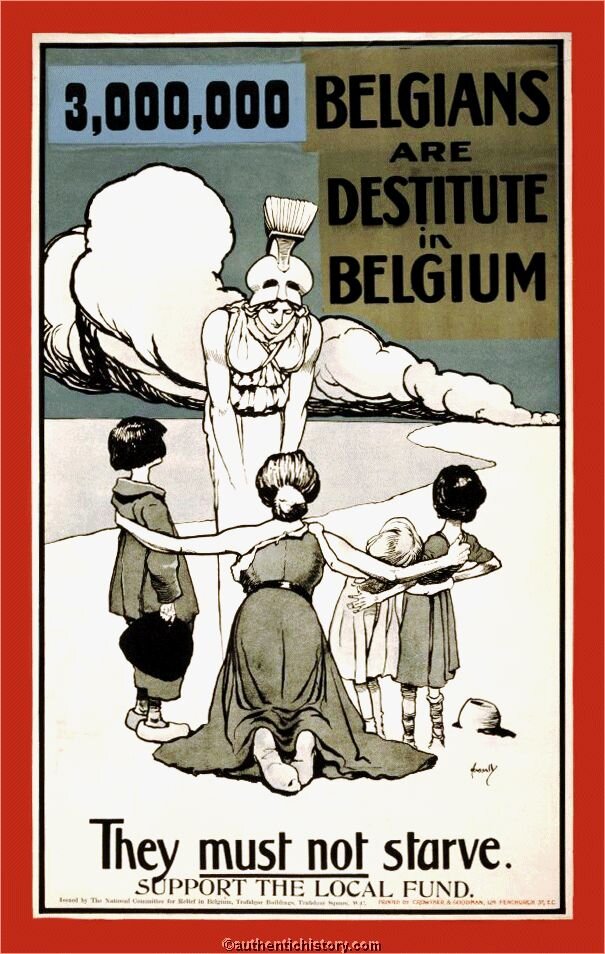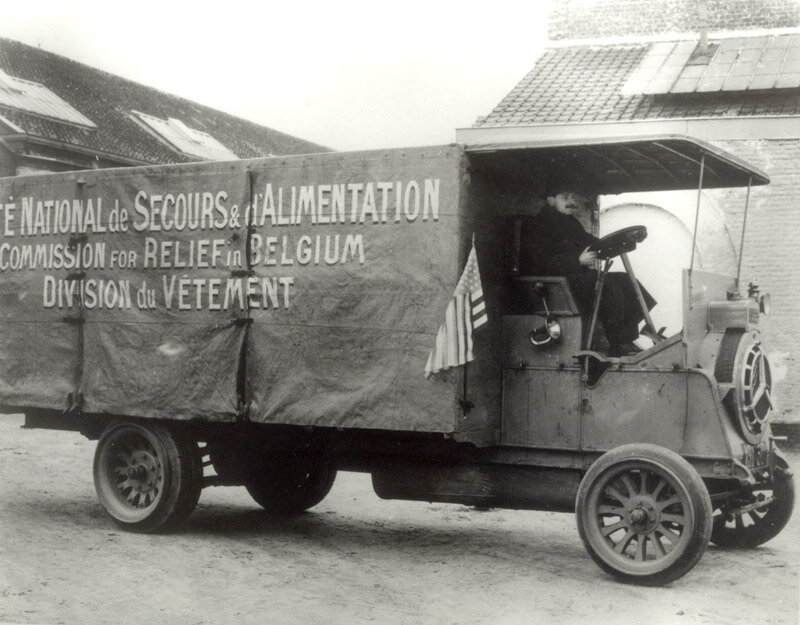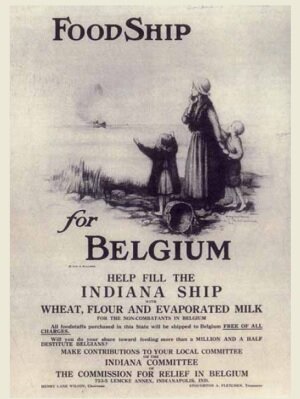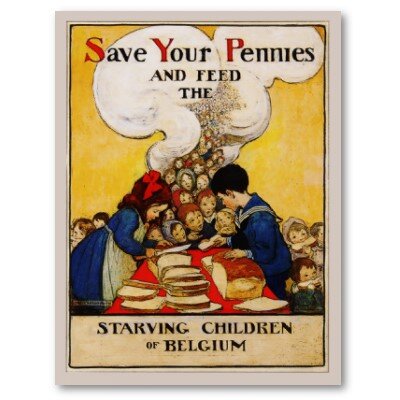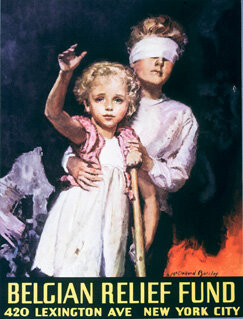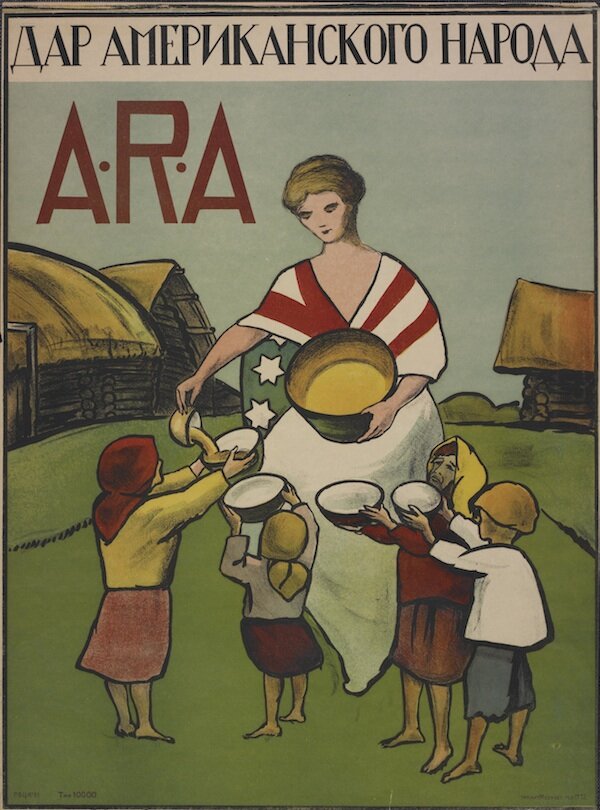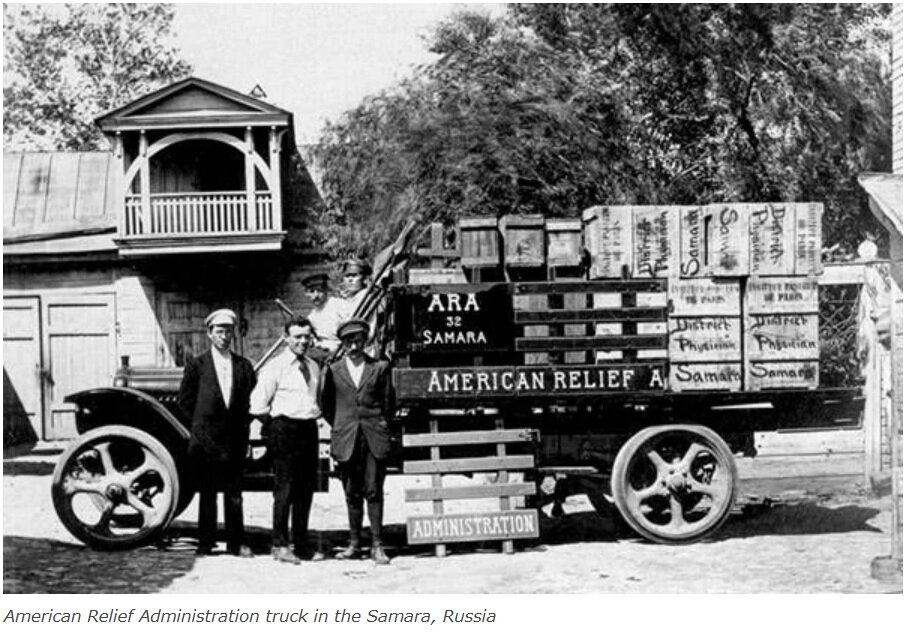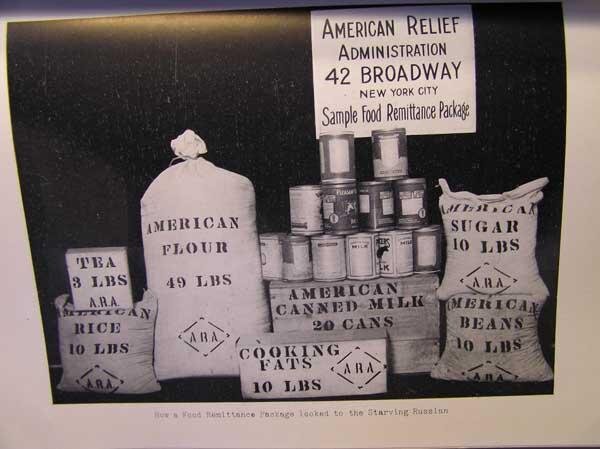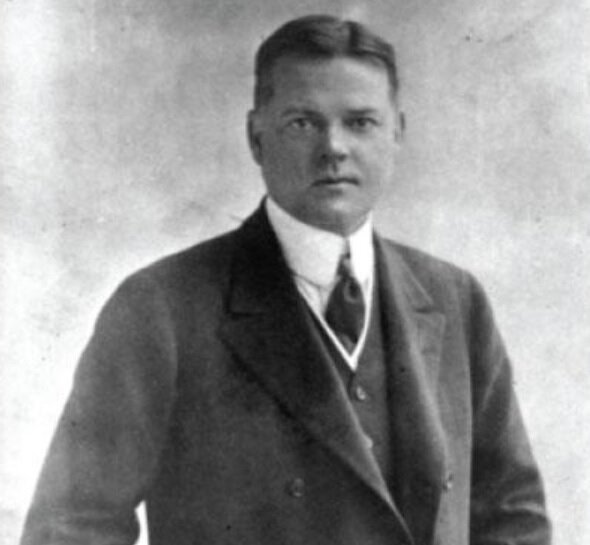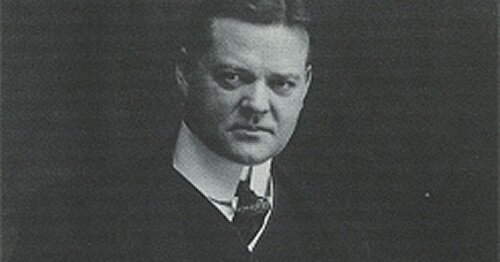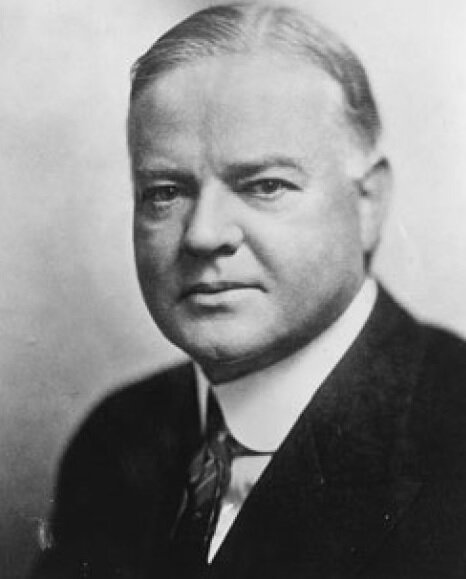Feed the Children
One man organized a series of food relief efforts throughout his life. He helped saved tens of millions of lives and is one of the great humanitarians of history. He may be responsible for saving more lives than any other person in the history of mankind. Sound hyperbolic? Read on.
Belgium
The first World War caused extensive damage to Civilian Life, including the disruption of food supplies. In the opening phase of the war, Germany invaded Belgium to flank the French forces. By the end of August 1914, significant parts of the country were under German control. Even before the war, Belgium needed to import food to feed its population. Now the British imposed a Naval Blockade on Germany and occupied territories. One of the goals of the blockade was to starve the Germans. (In time, this effort succeeded; by 1917, German experienced severe food shortages). This left the entire population of Belgium at risk for starvation.
In response to this crisis, this man organized the Commission for Relief in Belgium (CRB). The CRB was a private organization using a combination of private and public funds. The emergency relief undertaking for Belgium was an unprecedented effort to rescue an entire nation from the threat of starvation amid enemy occupation in the middle of a war. The CRB negotiated with the British to permit food ships through their blockade. And with the Germans to allow distribution of the food to the civilization population. And with the local communities to prepare the food and fairly allocate it.
Europe and Russia
After the United States entered World War I in 1917, he was appointed the head of the American Relief Administration (ARA). The program fed people in over 20 war-torn European countries. In the aftermath of the Russian Civil War, the country was starving. This program provided food to feed the Russian population and seeds for planting. The program was criticized for supporting the Communist Soviet Union, but the ARA’s leader stated, “Twenty million people are starving. Whatever their politics, they shall be fed.” Despite the suspicion of the Communists, the program saved the lives of over 10 million Russians.
Finland and Poland
In 1939 war broke out again. Germany and the Soviet Union temporarily became Allies and invaded Poland. In the winter of 1939, the Soviet Union invaded Finland. Two commissions were founded to help feed these countries, the Commission for Polish Relief (CPR) and the Finnish Relief Fund. Getting food into Nazi-occupied Poland was very difficult, although some supplies made it through. That effort ended when Germany declared war on the United States in December 1941 after Pearl Harbor.
UNICEF
World War II devastated the world’s economy and food production. President Truman asked this man to survey the status of food and report back to him. He traveled to 38 countries in 76 days. His final report recommended the creation of an organization within the United Nations to assist those in need. This organization became the United Nations Children’s Fund (UNICEF), credited with saving millions of people.
Boys and Girls clubs
Yes, one of the founders of the ‘Boys and Girls Clubs’ of America, and its chairman for over 20 years was our mysterious Mr. X. Over the years, millions of children have benefited from its programs.
Who is He?
This man was born on an Iowa farm and orphaned by the time he was ten years old. He graduated from the first class of Stanford University and became a successful self-made multimillionaire businessman by the time he was forty years old. For his work in feeding people, he was nominated five times for the Nobel Peace Prize, although he never was a winner.
Final clue, a giveaway to upper middle-aged people: The opening theme song to the 1970’s comedy show, ‘All in the Family,’ included these words: ‘Mister we could use a man like XXXXXX again.’
His name – Herbert Hoover
